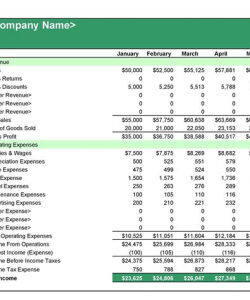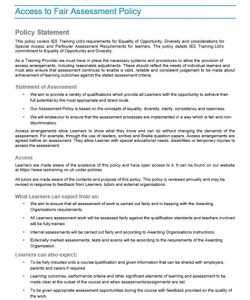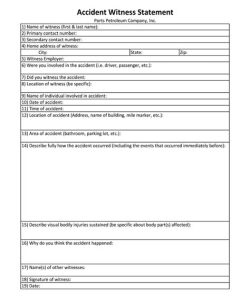A penalty of perjury statement template is a document that is used to ensure that a person is aware of the penalties for perjury before they sign a document. Perjury is the act of lying under oath, and it is a serious crime. A person who is convicted of perjury can be sentenced to prison, fined, or both.
Penalty of perjury statements are often used in legal documents, such as affidavits, depositions, and court pleadings. They are also used in other situations, such as when someone is applying for a job or a loan. If you are asked to sign a penalty of perjury statement, it is important to read the statement carefully and make sure that you understand what it means.
What is Perjury?
Perjury is the willful act of making a false statement under oath or affirmation. It is a felony in most jurisdictions and can result in severe penalties, including imprisonment. The elements of perjury are:
- The statement must be false.
- The statement must be material to the matter at hand.
- The person making the statement must know that the statement is false.
- The person making the statement must have taken an oath or affirmation.
Perjury can be committed in a variety of ways, including:
- Lying under oath in court
- Filing a false affidavit
- Signing a false document
- Making a false statement under oath during a deposition
The Penalties for Perjury
The penalties for perjury vary depending on the jurisdiction in which the offense was committed. In some jurisdictions, perjury is a misdemeanor, while in others it is a felony. The maximum penalty for perjury is typically imprisonment for a period of years. In addition to imprisonment, a person convicted of perjury may also be fined.
The penalties for perjury are severe because it is a serious crime. Perjury undermines the integrity of the legal system and can lead to innocent people being convicted of crimes they did not commit. It can also lead to guilty people escaping justice. If you are ever asked to sign a penalty of perjury statement, it is important to read the statement carefully and make sure that you understand what it means. If you are not sure whether or not a statement is true, do not sign it.
How to Avoid Perjury
The best way to avoid perjury is to be truthful. If you are not sure whether or not a statement is true, do not sign it. If you are asked to sign a statement that you know is false, you should refuse to sign it. You should also be aware of the penalties for perjury before you sign any document.
If you are ever convicted of perjury, you will have a criminal record. This can make it difficult to get a job, rent an apartment, or obtain a loan. You may also lose your right to vote or hold public office.



